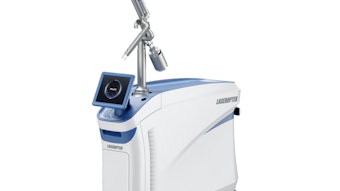A study published in the Japanese Dermatological Association Journal of Dermatology (January 2017) examined the in vitro effects of all-trans retinoic acid (ATRA) on human melanocytes and melanoblasts following treatment with different concentrations and/or an antagonist of the endothelin B receptor (EDNRB, bosentan). The experiments were all repeated at least four times, and data was analyzed via the Mann-Whitney U-test.
Normal human adult epidermal melanocytes (HEMa-LP cells) and melanoblasts were plated at 2,000 cells per well in 96 well plates and incubated at 37°C in a humidified atmosphere. Various concentrations of ATRA were added to the medium (day 0). On day 3, the cells were incubated with Alamar blue dye for four hours and fluorescence was measured using a Fluoroskan II microplate reader. In order to investigate the molecular basis of melanocyte differentiation induced by ATRA, researchers tested the expression levels of two melanogenesis-related mRNA, microphthalmia-associated transcription factor (MITF) and tyrosinase-related protein 1 (TRP-1) in HEMa-LP cells and in the melanoblasts using real-time quantitative reverse transcription polymerase chain reaction (RT-PCR) analysis.
Investigators found that the addition of ATRA significantly inhibited the proliferation of human melanocytes and melanoblasts, and decreased MITF and TRP-1 mRNA levels in those cells. Furthermore, the addition of ATRA weakened the DOPA reaction in human melanocytes. “These findings are consistent with clinical data demonstrating that topical ATRA is effective for treating pigmentary disorders including melasma and senile pigment freckles,” they wrote. “Our in vitro studies revealed that topical application of ATRA could down-regulate melanin production by human melanocytes.”











